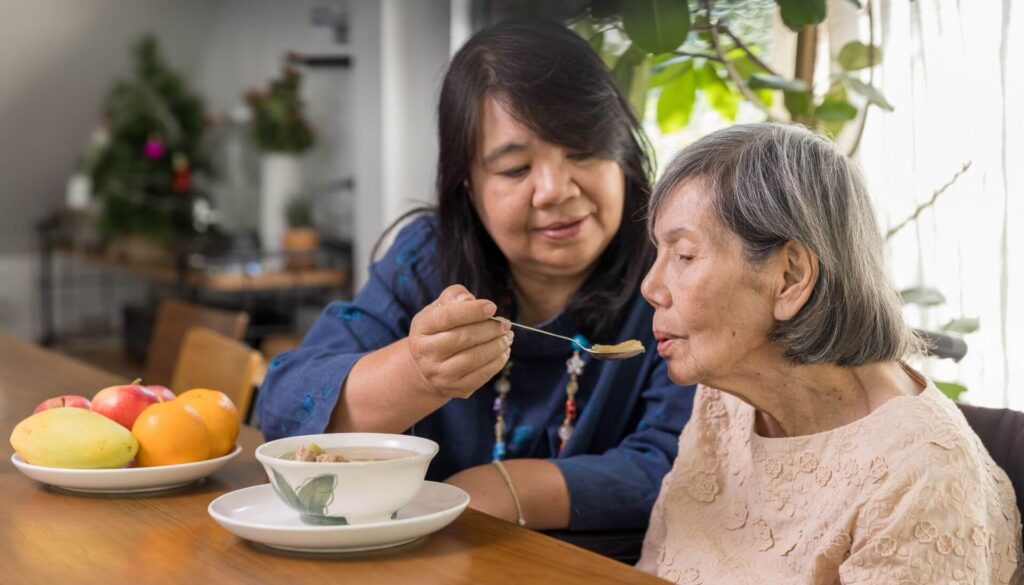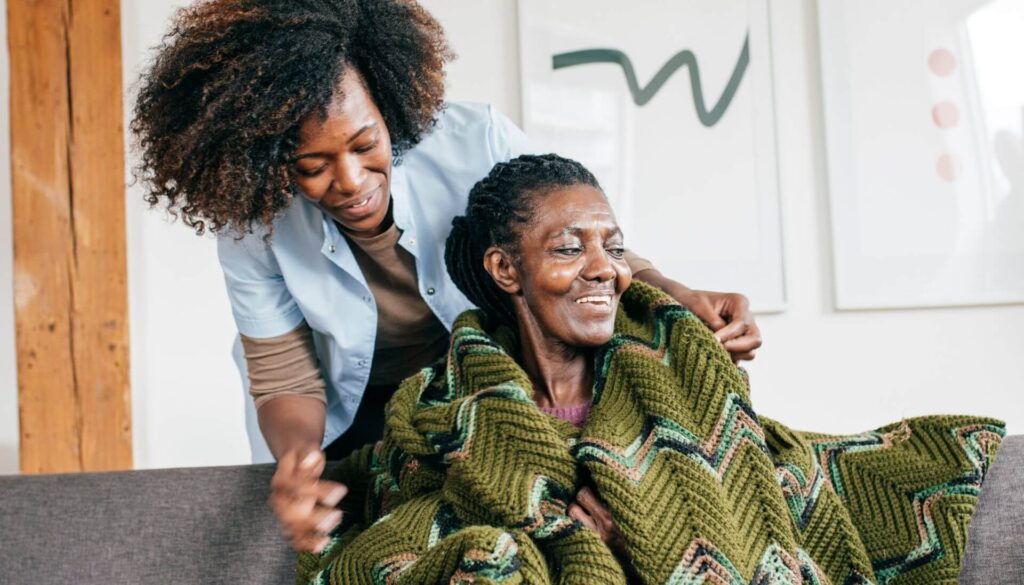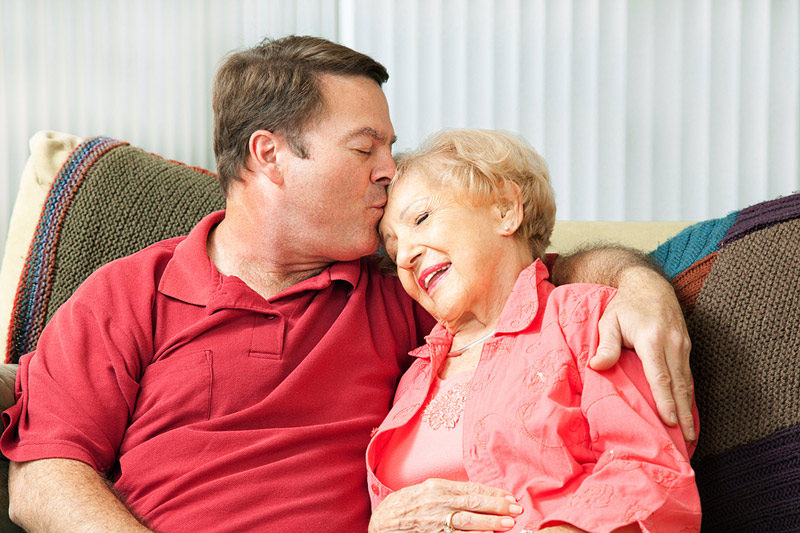Managing Alzheimer’s risk can be a challenge for caregivers.
But as an experienced professional, I will share two underrated ways that you can use to manage Alzheimer’s risk if you have any loved one that’s diagnosed.
Nearly everyone has been touched by Alzheimer’s disease.
Whether it’s a parent, a spouse, another family member, or a friend, most of us have been affected in one way or another.
That’s especially true here in Palm Beach County, which is home to more people with Alzheimer’s disease than anywhere else in the United States.
Here are some tips for making it easier for loved ones suffering from dementia.

Managing Alzheimer’s Risk: Calmness and Consistency are two key concepts
After nearly 30 years of working with families, I’ve learned that Calmness and Consistency are two key concepts.
Calmness is important in personal interactions.
If you are communicating with a person who has Alzheimer’s, calmness is conveyed primarily through tone of voice and body language.
Use a friendly, gentle tone that does not excite or create anxiety.
Raising your voice or speaking in a high pitch can create anxiety. Be patient in awaiting the person’s response and do not rush them. It takes a person with dementia longer to process information.
Your Body Language Is Key
Communicate calmness through body language.
Relax your own body. Try to position yourself so that your eyes are more or less at the same height as the other person’s eyes.
For example, if the person is sitting, do not remain standing and tower over them: kneel to be at their level. Scan the distance of the person that seems most comfortable to him or her, and adjust your position accordingly.
Predictable Routine
The consistency and predictability of a routine are calming and reassuring to a person suffering from dementia.
Try to establish a predictable daily routine based on meal times, medication times, bathing times, and other activities. Departures from a routine mean that new information needs to be processed and this can be a challenge that creates anxiety and suspicion.

Consistency and Familiarity
Consistency and familiarity are so important to a person with Alzheimer’s disease. So, do not expose the person to many new or unfamiliar people.
For example, if a loved one is receiving home care, make sure that the provider schedules the same familiar caregiver.
There is nothing more upsetting to a person with dementia than a parade of strangers appearing in their home. The same is true in an assisted living community or nursing home. You should insist on continuity of the staff directly caring for mom or dad.
Summary: Underrated Ways To Managing Alzheimer’s Risk
Calmness and consistency of positive body language, predictable routine, and intentional familiarity are very effective ways to manage Alzheimer’s risks. Though these care methods are surprisingly underrated.
Calmness and Consistency won’t solve all the problems of a family affected by Alzheimer’s risk or disease, but they can go a long way toward avoiding unnecessary upset.
Provided by Visiting Angels located in Palm Beach Gardens, dedicated to helping seniors continue to live in their own homes by providing personalized home care and support services






